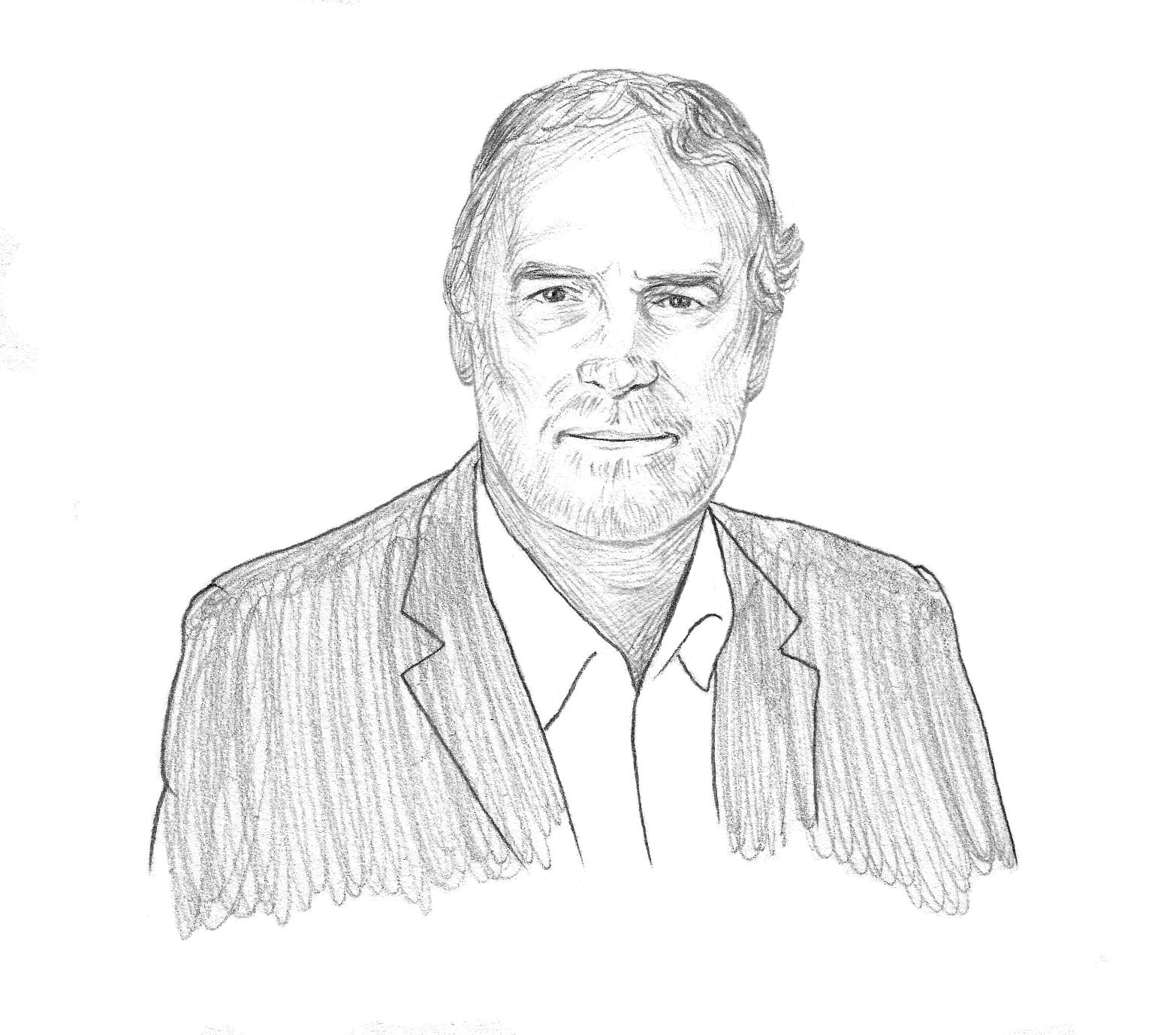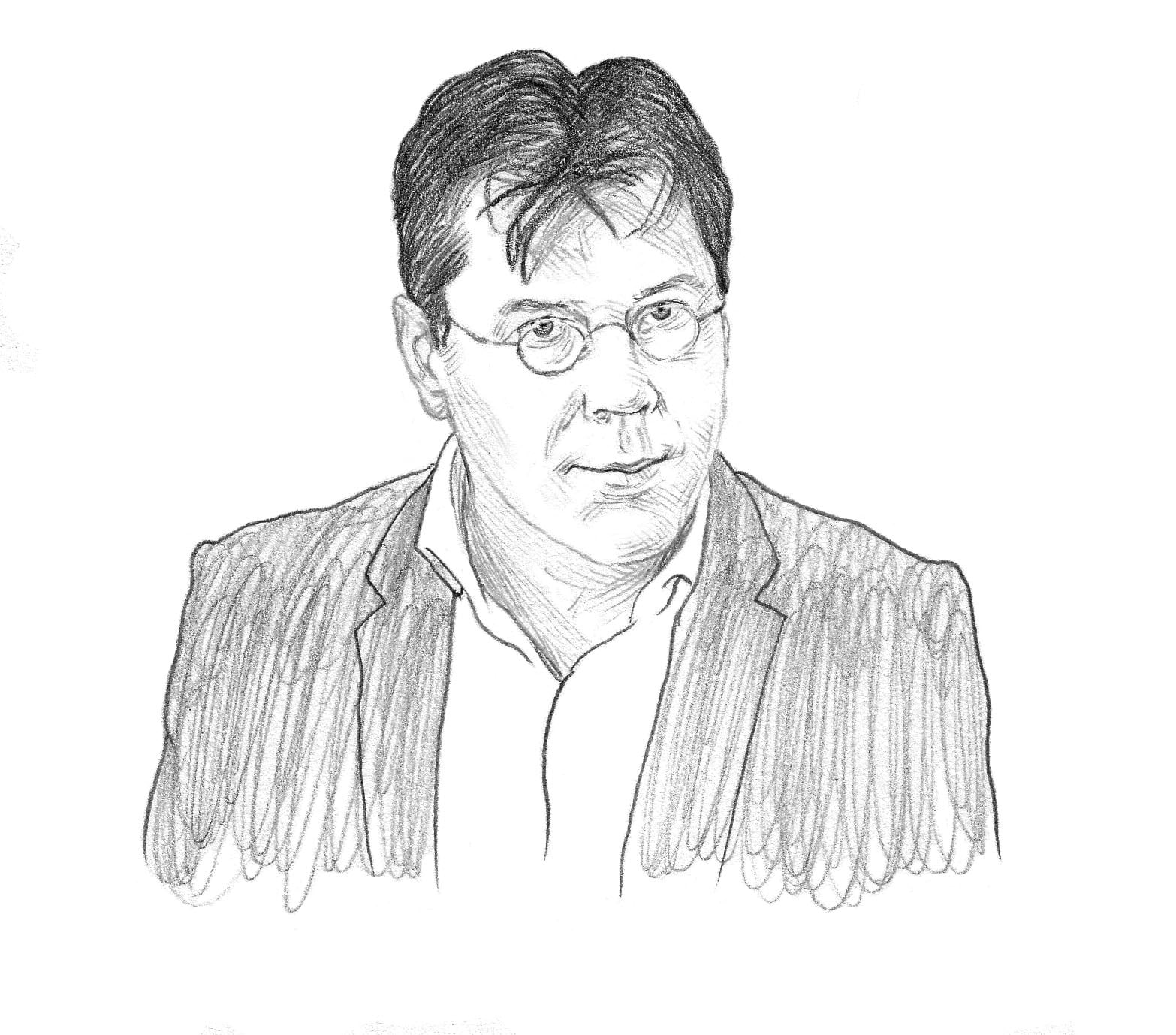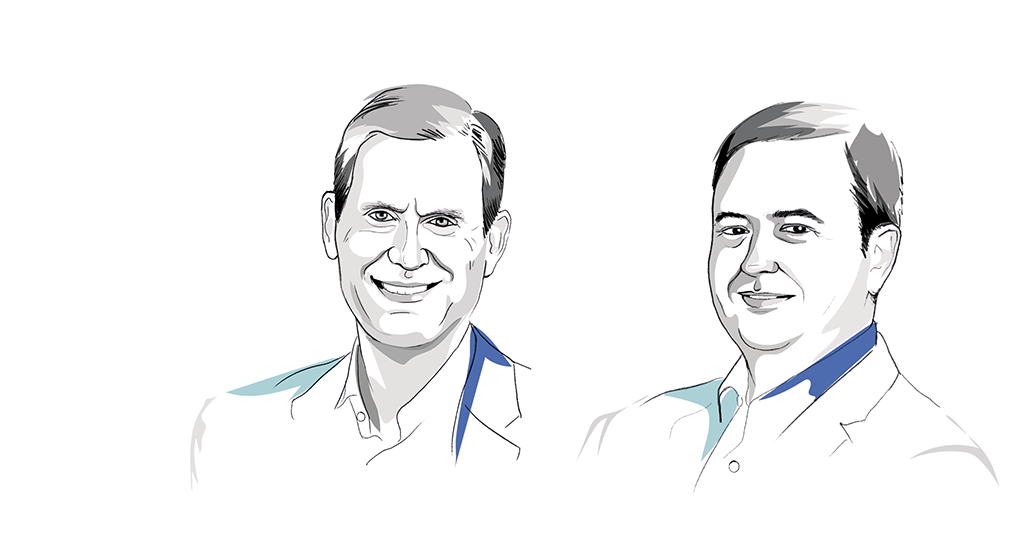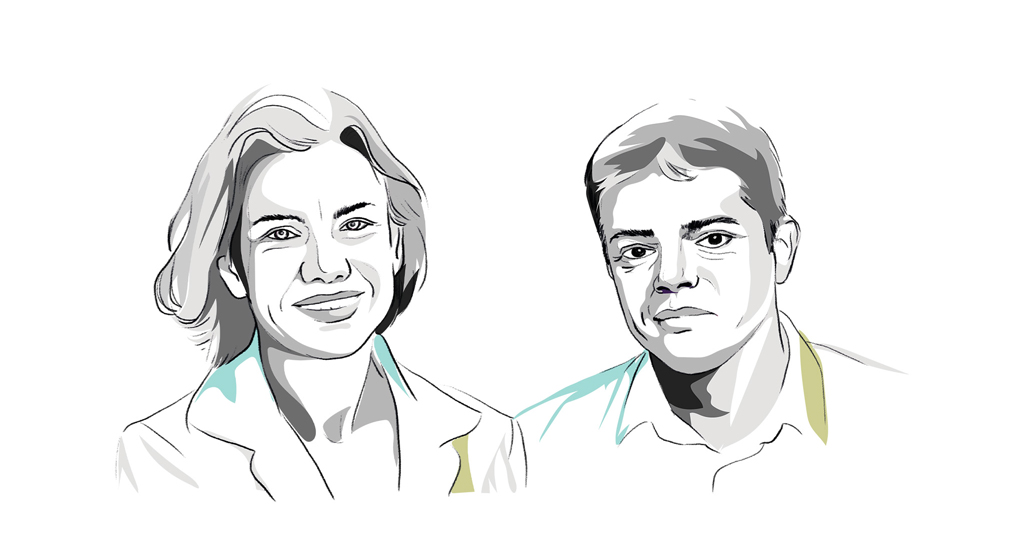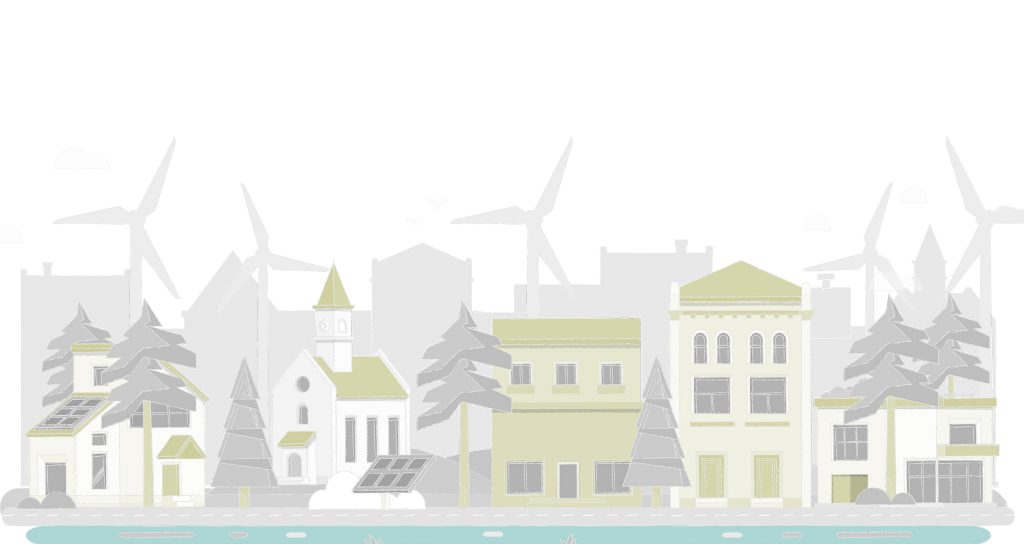In an increasingly complex and constantly changing world, one key objective is to provide ongoing training for employees, with a special focus on management staff. To achieve this, we need to explore new methods and unusual or rarely used training strategies. This is what thecamp, an innovation and acculturation structure opened in Aix en Provence, France in December 2017, proposes to do. VINCI Energies is a founding partner of thecamp. Walter Baets, Advisory Board member of thecamp, discusses the issue with Eddy Vandersmissen, Director of the VINCI Energies Academy.
VINCI Energies is a founding partner of thecamp. How do the two of you see your respective contributions to transformation support?
Eddy Vandersmissen. The world is undergoing an upheaval. Transformation is central to VINCI Energies’ mission of ensuring that the energy and digital transition takes place smoothly. What connects us with thecamp is transition and transformation.
Our management staff, and more broadly all our employees, have received very good initial training, but the analytical approach taken by business and engineering schools and other educational institutions is now proving insufficient. If our people are to innovate and be disruptive, they need to acquire additional skills.
Which ones?
E.V. Skills that are more typically associated with designers. They have to be able to think intuitively. That, I think, is what thecamp can bring to a company like VINCI Energies.
Walter Baets. Are we really teaching transformation? With all due respect, I think it would be more accurate to say we are transforming. That is where thecamp takes a unique approach. I remember what one CEO said when thecamp was being set up: “My managers are well educated. But if you can get them to move, to change, to live in this new, complex, and uncertain world, you will have succeeded.” What companies need is a software change, a change of mindset. That is what thecamp proposes to do.
Analytical thinking is no longer sufficient, you say. But is analytical thinking not an impediment to the mindset change you are advocating?
E.V. Analytical and intuitive thinking are not antithetical. We need to develop both. Analytical thinking has enabled companies to make enormous progress, get better organised, improve profitability, and be competitive in a globalised world. But the business model is now coming up against its limits. It is preventing companies from truly innovating, trying out new things and taking risks. Intuitive thinking will enable them to begin moving forward again. Companies that can combine analytical and intuitive thinking will have a greater chance of succeeding.
W.B. What is needed, we at thecamp believe, is a systemic, integrated approach. For too long, people saw different organisational models, methods, and thought processes as mutually exclusive. Change will come through systemic training. Systemic training means understanding the context, technologies, and disruptions; it means being able to innovate faster and being more agile; it also means self-transforming – being capable of critical introspection; and it also involves helping make the world a better place.
E.V. Starting out with good self-knowledge is key in a transformation process. I agree entirely with that view.
Your intentions are clear. But how do you share them with others in the day-to-day operation of a company? Constantly adapting to a complex world is exciting, but it also generates stress…
E.V. And digital technologies are sometimes frightening, as we know. A good mix within a team can often help to overcome these obstacles: the young people bring agility and the older ones a measure of realism based on experience. It is mutually beneficial.
W.B. The right mix of generations and profiles is a good idea. But you also need to mix people at different stages in their careers, and you need to de-compartmentalise training, learning, and work. The key is to learn at work and by working. You learn as you work and you work as you learn.
E.V. At VINCI Energies, we have developed what we call a “digital passport” – an application created by the Academy’s Digital Lab that provides a one-and-a-half hour course spelling out all the words related to transformation that people are scared of. This is one way to support the transformation – get everyone to overcome fear and come on board.
Many methods are used to navigate a complex world, and one is active teaching, which thecamp stresses. What is it and what are the benefits?
W.B. The problem with learning is that you don’t know what you don’t know! You find out what it is when you need it. That is why it is so important to create situations in which people discover what they don’t know and go looking for it. Project mode is perfect for that purpose. Active teaching consists in giving the trainee an opportunity to acquire the knowledge he or she needs when he or she needs it. The approach is individualised, tailored to each person’s needs rather than “averaged” to fit a common denominator within a group. New technologies now make this possible, with application modules that can be downloaded as needed. This extends well beyond MOOC.
In a company like VINCI Energies, does that concept work in practice?
E.V. We need to give responsibility for learning to the learner. And I am counting on our collaboration with thecamp to move in that direction and enable all our employees to get the benefit of these new methods.
What about the famous silos that need to be broken down? Are they in the organisation or in people’s minds?
E.V. They are both in people’s minds and in organisational realities, and have been for a long time. We were talking about silos 30 years ago! Breaking down silos and making room and time for collaboration is easier said than done.
W.B. Conventional management thinking focuses on organisation, control, and efficiency. It simplifies things to set up ad hoc units – in other words silos. But to cope with a complex world, it is necessary to let go and relinquish control. That takes courage.
Is that realistic, in terms of organisational efficiency?
E.V. That is an issue. But it is all a matter of balance and moderation. At VINCI Energies, we set up La Factory, an innovation space, to foster collaboration and horizontality. What do we observe? We see that it generates a lot of traffic, people coming in from the outside – this initiative was designed to break down silos without demolishing everything. Another example is our working groups, which are always made up of people from different sectors and different departments. It works because it is a shared endeavour with everyone working together. There are two prerequisites: trust and autonomy.
W.B. Innovation occurs most often around the periphery of companies, with accelerators, incubators, stakes in start-ups, and so on, and not enough inside the companies. There is still too much intrapreneurship. Things are just beginning to change. It is a fairly simple roadmap. All you have to do is avoid making innovation into one more silo!
How can training some 15 managers at thecamp actually transform the company, as opposed to just giving the trainees a pleasant memory?
E.V. We need to set up a process within the company in which others can share what the trainees experienced during training and the trainees become ambassadors. Disseminating the skills learned in training throughout the company is a key part of the project. Each company must define for itself how to do that.
W.B. Transformation takes time. In a “transformation journey” – which can take months, or even years – there is the time spent at thecamp, of course, but the process has to continue within the company. One way to do that is to continue working on a project started at thecamp, or else start a new project. That is crucial.
How are new technologies and artificial intelligence transforming training?
E.V. This is just the beginning of a wide-ranging change. I think we need to watch the market, observe, take our time and not rush things, because I am afraid rushing things would make training very costly.
W.B. The past is prologue! “Machine learning” and “deep learning”, the so-called exponential technologies, will enable us to create courses that are truly on-demand and truly customised.
